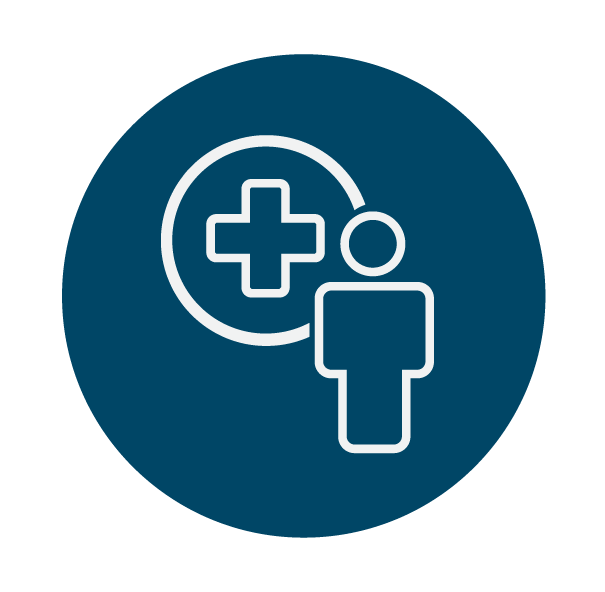Compass Treatment Modalities
When anxiety, mood disorders (depression, bipolar, and more), OCD, or trauma symptoms interfere with a person’s day-to-day life, they may need more comprehensive care. Compass’s age-based programs across multiple levels of care, including outpatient psychiatry, Partial Hospitalization (PHP), Intensive Outpatient (IOP), and Echo Programs, might be the right next step in treatment.

Compass Care Overview
Compass treatment teams are led by psychiatrists, psychiatric nurse practitioners, and master’s level clinicians and draw from evidence-based therapies, including Cognitive Behavioral Therapy (CBT), Dialectical Behavior Therapy (DBT), Acceptance and Commitment Therapy (ACT), Exposure and Response Prevention Therapy (ERP), Cognitive Processing Therapy (CPT), and Motivational Enhancement Therapy. Compass clinicians will help determine each patient’s best possible treatment path through an in-depth evaluation process, a collaborative team-based approach to care, and ongoing assessment. Keep reading to learn about Compass’s treatment interventions, services, and modalities.

Treatment Interventions, Services, and Modalities
Group therapy at Compass Health Center focuses on building awareness around behavioral goals, learning and practicing evidenced-based skills, and using a confidential space to process relevant and relatable topics with peers. Group facilitators guide understanding related to skills and topics linked to ACT, DBT, and CBT while connecting these topics to treatment objectives and skill application and integration in the home, school, and work settings. Groups may be didactic, psychoeducational, interpersonal/process, or experiential and often employ multiple techniques to increase engagement and impact.
Individual therapy at Compass Health Center is part of the multidisciplinary approach to care. All patients will receive individual therapy sessions, the focus, frequency, and length determined collaboratively between the patient and primary therapist based on each patient’s unique goals and needs. Individual sessions utilize CBT, DBT, and ACT approaches on a more granular level, supporting patients in making steps toward their treatment goals and having a space to process individually. The Primary Therapist will follow up on assigned homework, monitor progress toward treatment objectives and engage in case management related to outpatient support and discharge planning. The primary therapist will coordinate care with a client’s outpatient therapist within the bounds of any releases of information.
At Compass, family therapy is an essential part of our treatment model. Ensuring our patients and their loved ones feel informed, supported, and engaged in the treatment process and practicing evidence-based skills is a top priority. Our dedicated family therapists work closely with patients to identify who should participate in family therapy sessions and to create a focus for those sessions to best support their goals at Compass.
At Compass, engaging patients’ partners in couples therapy is often critical in supporting our patients and their partners in navigating the treatment process. We want partners to feel informed and engaged and to feel empowered to support the practice of evidence-based skills and treatment progress. Our dedicated couples and family therapists work closely with patients to identify who should participate in couples therapy sessions and to create a focus for those sessions to best support their goals at Compass.

Theoretical & Treatment Models
Citation: Page 39 of Linehan, M. M. (2015) DBT Skills Training: Handouts and Worksheets (2nd ed. The Guilford Press.)
